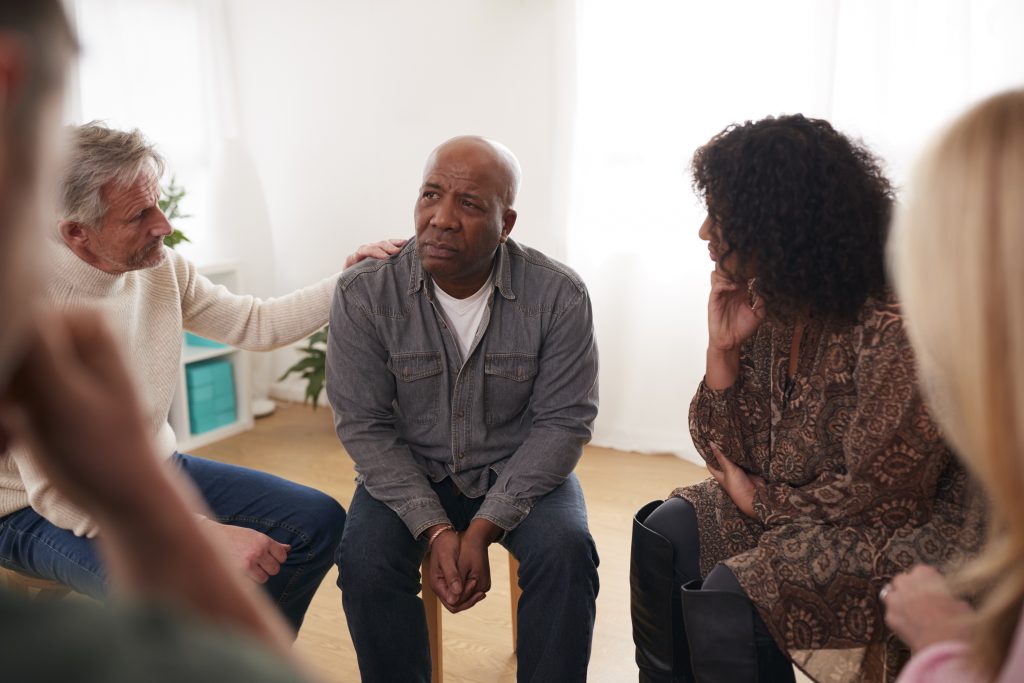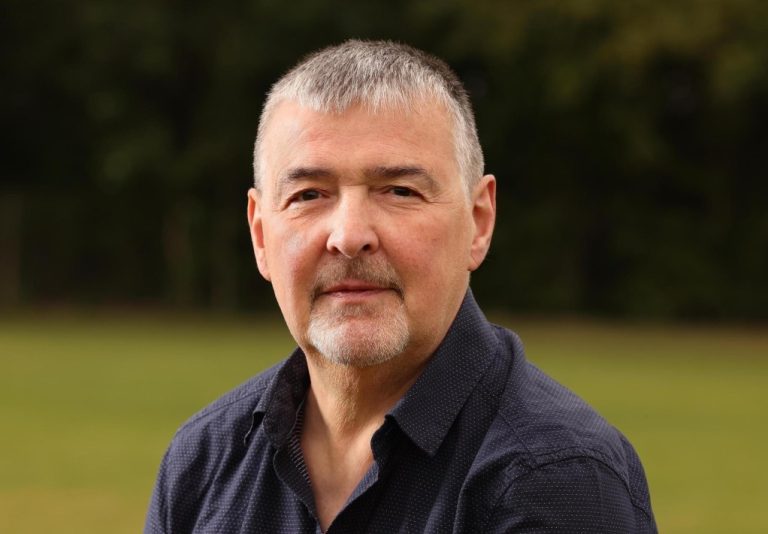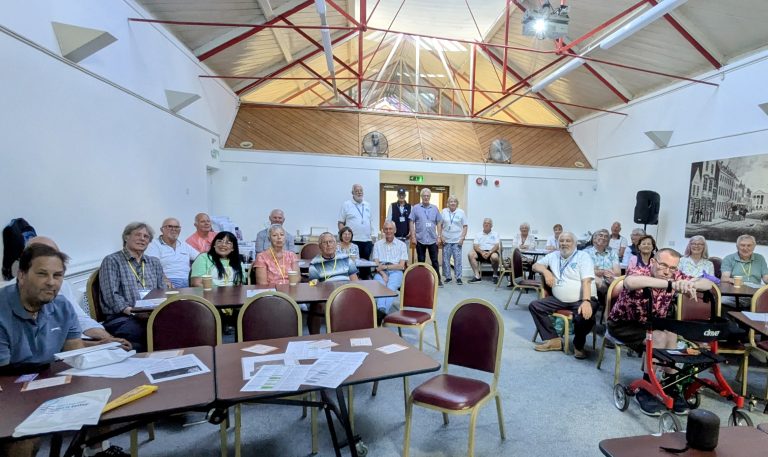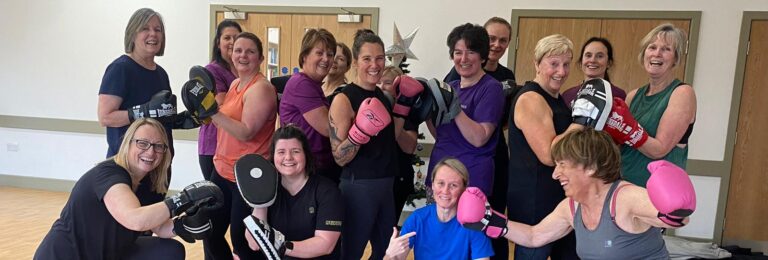Tackle Chairman attended the ESO Masterclass which took place in Lisbon from 23 to 25 February 2018. A summary of the event is below:
Around 50 delegates from all over Europe got a warm welcome in Lisbon by ESO. When the sun was shining outside, the 3rd Masterclass in Cancer Patient Advocacy had a flying kick-off after some welcoming words from Kathy Redmond, Masterclass coordinator.
Amongst the delegates was countries as Turkey, Israel, Slovak rep., Slovenia, Serbia, Bulgaria, Czech rep. , Poland and Latvia and this trend has to increase so we have more representation from the other side of the “12° East line” . During the conference a number of “experts” were invited to present different ways for us to improve in networking and leadership skills. Some of these presentations was too theoretical and missed somewhat the target. In other blocks people from different patient organisations were invited to present their experience from the real life. What difficulty they had experienced in xx country? These presentations give you much more “take home” information than a theoretical study. During the last session the concept of “Community advisory Board” was presented and can be used in special situations but is for the moment not applicable for our situation.
Highlights:
Mike Hudson Compass Partner – Workshop for “Creating effective Boards”.
We all felt rather familiar with questions as governance, succession planning as well as what a board member should do.
Jean-Pierre THIERRY France – Closing the gap between the costs and benefits of cancer medicine.
The Lancet, 2010 report fails to show that the long-term outcomes of robot-assisted surgery are superior to those of conventional procedures shows a good example of costs without the benefit.
The crisis of confidence in the results of clinical trials is demonstrated by
• Unreported negative results
• Bias in patient selection, statistical methods, interpretation
• Non-independent authors/Conflicts of Interest
Sandra Bull 360’ communication
Here we got the chance to test ourselves in different crisis communication scenarios where it is important to be prepared and not to panic when the difficult question is coming your way.
Bettina Ryll melanoma Network Europe- How to read an original scientific publication
We all know the difficulties to get the important info out of those many scientific publications we see all the time. What’s “fake news” and what is correct?
Ian Galloway MPNE Ocular/Rare – MRIs for Post-Primary Uveal Melanoma Patients in Scotland
Scottish ocular melanoma patients are unable to receive MRI scans after primary diagnosis
To win the fight you sometimes have to play dirty and be persistent in what you believe in. Get some strong allies.
Maja Kocic Lymphoma Coalition Europe and Serbia
Survey “Lymphoma care in Serbia”
What is not measured has no chance to be improved! To better understand issues and challenges that lymphoma/CLL patients in Serbia face and to improve access to novel and standard treatments they developed their own report by highlighting the things important from the Serbian patient point of view
In the survey 527 out of 600 completed the study but 63% were wrongly diagnosed, 18% were diagnosed with wrong Subtype and only 19% was correctly diagnosed for their initial symptoms.
With a rather simple adaption of an existing survey it was in Serbia giving a very good result to be a base for future action in survivorship care.
Dr Stefania Mostaccioli Lega per la Neurofibromatosi 2 Onlus- When you have to fight against fixed positions
When you have to fight “reclassification of Rare diseases” by the Ministry of Health bureaucrats you have to find some expert that stands up for your course and help you in the fight.
“It is easier to break an atom than a prejudice” – A. Einstein
Summary
A worthwhile masterclass although there was rather too much “tell” and not enough time for discussion. A number of presenters overran on time and panel discussions did not allow sufficient time for questions from the floor. It might also have been better to hear more personal stories of patient advocacy from attendees rather than presentations form the steering committee.



